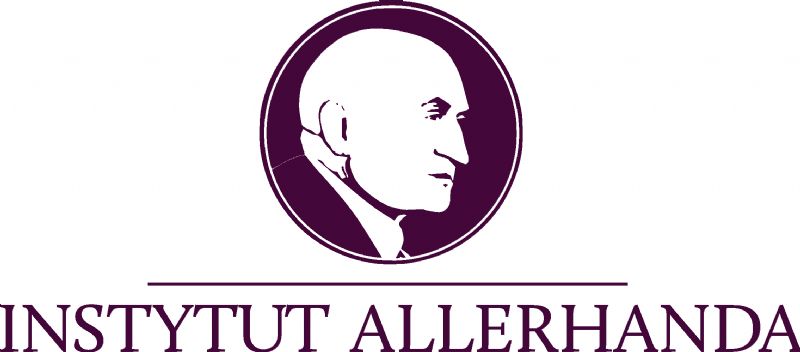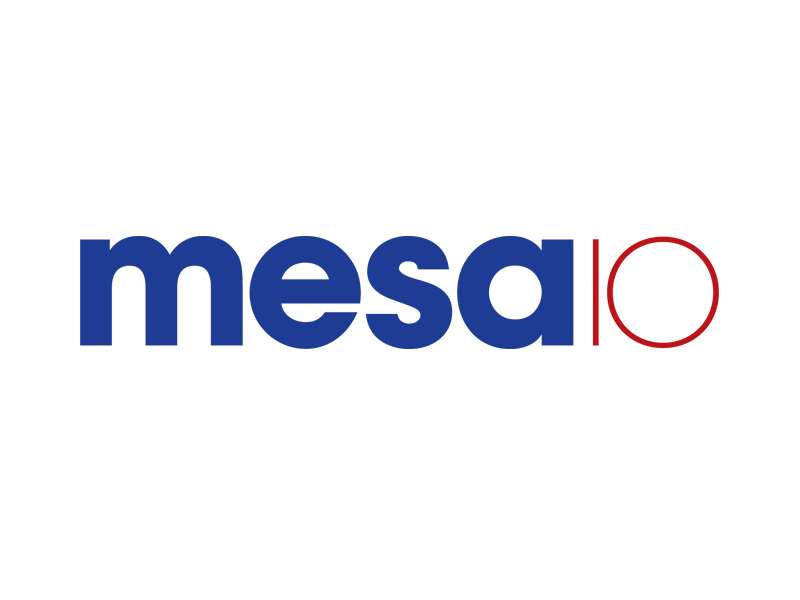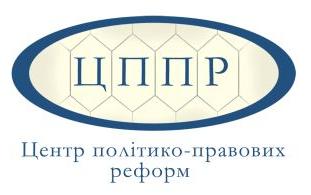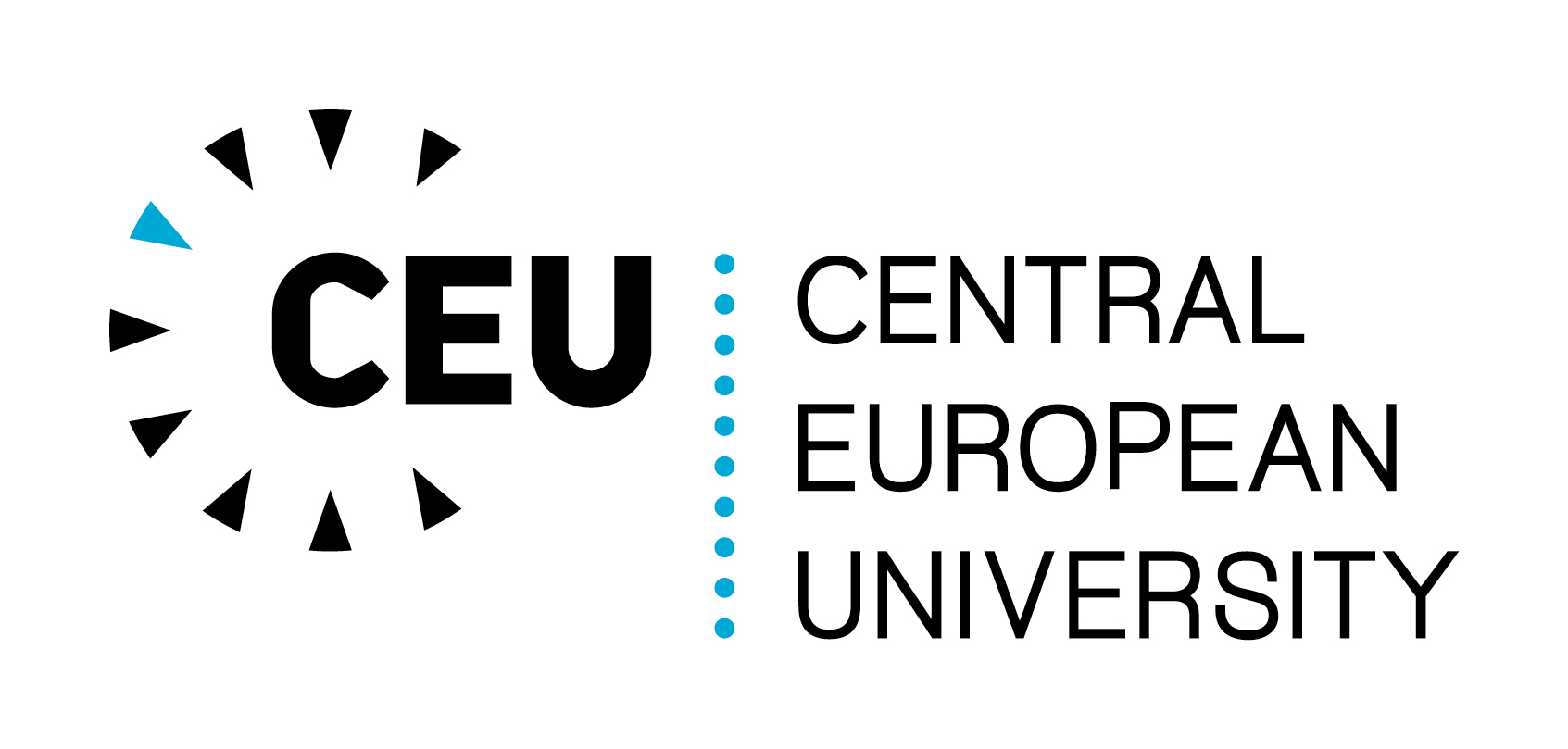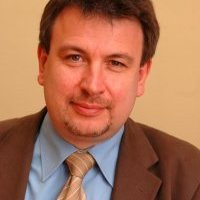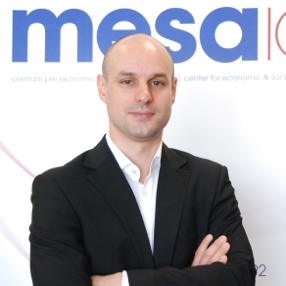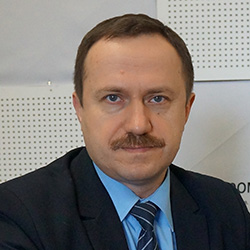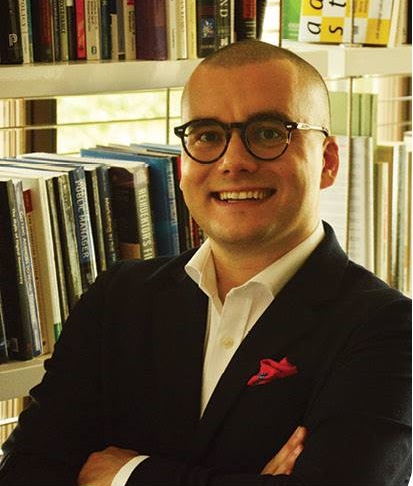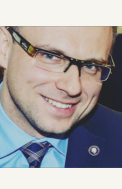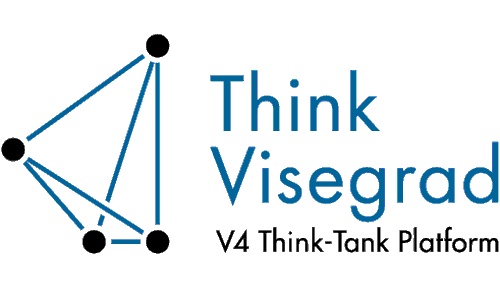 |
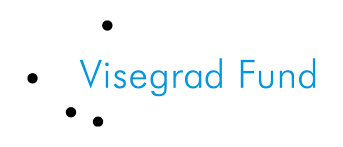 |
|
ADMINISTRATEGY: ADVANCING STRATEGIC MANAGEMENT IN GOVERMENTAL INSTITUTIONS
|
Allerhand Institute in cooperation with Central European University (HU), Mesa10 (SK) and Centre of Policy and Legal Reform (UA) obtained a commitment from the Visegrad Fund to support “Administrategy: Advancing Strategic Management in Governmental Institutions of V4 & Ukraine”.
Combining rigorous research in dozens of governmental agencies throughout Central and Eastern Europe with the presentation of world’s best practices, Administrategy offers step-by-step suggestions on how to manage a successful governmental agency while advancing own professional career.
Administrategy is also an invitation to rethink some entrenched paradigms of our public administration. Creating a fantastic hospital, developing a country or a city, supporting an economy on its path to global competitiveness are challenges that require a good strategy and creative team of talented, energetic employees.
It is in our national interest to strategically align public institutions around clear goals and professional organizational culture, so that the work in public administration attracts the best and brightest.

Project objectives
The main project objective is to design and deliver a series of transformational workshops that equip V4+Ukraine public managers with value-adding, transferable and locally applicable skills in strategic public management, and, based on those workshops, build the foundations of the regional Community of Practice (CoP) of administrategists.
The series of workshops will offer concrete, transferable skills that will allow participants to implement aspects of strategic management in their institutions or units based on selected ideas from “Administrategia”—CEE’s first scholarly-informed guide to strategic management of public institutions.
The project reflects our interest in the role of institutions in creating the conditions for thriving, globally competitive market economy in the CEE region. It also fulfills our ambition to promote regulatory innovation's new approaches to management in public and nonprofit sectors as well as mutual learning within V4 and to contribute to Ukraine’s rapid convergence with its Central European neighbours.

| Project Partners |
| Project Board |

Project Q&A
In Poland, Slovakia and Hungary public administration faces an urgent need to rethink governance models of the last 25 years. The goal of our public institutions can no longer be to mechanically copy policy ideas and solutions developed in the West. If our region wants to build globally competitive economies, our public sector must have capabilities to design and implement original, innovative, and value-adding strategies. Thus, the need for change of a governance coincides with challenges faced by Ukraine. The country’s ambition to execute a rapid catch up with Western neighbors requires creative, outside-the-box governance. Where appropriate, Ukraine should obviously learn from V4 experience; but at the same time, it should actively participate in quest for a more innovative state.
Our solution is rooted in strategic management—technique behind the success of most modern knowledge-intensive businesses. CEU IRI has studied ways to adapt this approach to public sector realities in CEE context. The result is “Administrategia”—CEE’s first guide to strategic management of public institutions. “Administrategia” has been, or will soon be, published in Polish (Wyd. Studio EMKA), in Hungarian (HVG Kiado), and in Ukraine (Osnovy). The proposed project will take ideas from the book, design and pilot innovative workshops for mid-to-high level public managers in three V4 countries – Poland, Slovakia and Hungary - and Ukraine. These workshops will offer concrete, transferable skills that will allow participants to implement aspects of strategic management in their institutions.
“Administrategia” combined with the proposed workshops will start a regional conversation about more strategic and innovative state. Starting with some common ambitions and ideas, we want to trigger a “snowball effect.” As part of preparation for local pilot workshops we will study local cases of successful public-sector strategies and train local trainers. This project will thus be the first step toward a regional community of “administrategists” who horizontally exchange ideas and experiences on how to design and execute winning strategies for institutions of central and local government. It will create a much-needed alternative to the current dichotomy faced by our public managers—the dichotomy between learning from the West and focusing on purely local specificity.
The project has been designed with an explicit view of producing long-term impact and scalability through the “snowball effect.”
WORKSHOPS.
While pilot workshops will be delivered in English, all the materials, including slides, will be prepared in local languages. Such nontraditional approach will be taken precisely to facilitate continuation. Local trainers who will learn by observing our pilot workshops will be able to easily replicate the workshops in the local language, using the materials prepared. The costs of these follow-up workshops will be covered from other grants or by fees paid by public institutions. In addition, the trans-national experience delivering the workshops can be used to design longer training programs for public managers, up to and including a fully-fledged post-graduate study program.
COMMUNITY OF PRACTICE.
By creating CoP with simple online communication and knowledge exchange tools, we are directly setting the stage for a longer-term endeavour. In such a community, some part of the content (ideas, cases, tips and suggestions) are generated by users. Maintenance costs of the Community’s virtual platform can be supported through further grants. These costs are relatively minor if the community can keep English as its working language. We will seek other grants to support translations that would allow the Community to grow beyond the group of English-speaking public managers. In general, to make our governments more creative and strategically focused, we need organic work, showing individual public managers benefits of doing things differently, and highlighting stories of those, who are already the frontrunners of governmental innovation. That is precisely why this project will be so impactful. The workshops and the CoP will create a virtuous cycle: the more we work with public managers, the more positive case studies we encounter, making more people interested.
The International Visegrad Fund is an international organization based in Bratislava founded by the governments of the Visegrad Group (V4) countries—the Czech Republic, Hungary, the Republic of Poland, and the Slovak Republic—in Štiřín, Czech Republic, on June 9, 2000.
Purpose
The purpose of the fund is to facilitate and promote the development of closer cooperation among citizens and institutions in the region as well as between the V4 region and other countries, especially in the Western Balkan and Eastern Partnership regions. The fund operates several grant programs, and also awards individual scholarships, fellowships and artist residencies. Grant support is given to original projects namely in the areas of culture, science and research, youth exchanges, cross-border cooperation and tourism promotion, as well as in other priority areas defined in calls for proposals published on the fund’s website.
Budget
The fund’s annual budget (€8 million as of 2014) consists of equal contributions of V4 governments. The fund also utilizes (in the form of subgranting or co-financing) contributions from other governments/governmental organizations from the following countries: Canada, Germany, the Netherlands, South Korea, Sweden, Switzerland, the United States.
Target groups
Any natural person or legal entity is eligible to apply for grant support with the exception of organizations of state (central) administration institutions. Preference is generally given to those projects submitted by not-for-profit entities (NGOs/CSOs, foundations) and public institutions (schools and universities, research institutes, etc.). Applicants from outside of the V4 region can win support provided that their proposed projects deal with the V4 region and meet all formal requirements, such as having V4 project partners.
Governing bodies
The governing bodies of the fund are the Council of Ambassadors and the Conference of Ministers of Foreign Affairs (see further). The executive body of the fund is composed of the Executive Director and the Deputy Executive Director. The administrative body of the fund is the secretariat.
Conference of Ministers
The Conference of Ministers of Foreign Affairs, which consists of the Ministers of the Foreign Affairs of the Visegrad Group countries, is the supreme body of the fund. The conference determines the amounts of annual contributions and their due dates for every V4 member state, approves the rules of procedure of the fund’s secretariat, and approves the fund’s budget, i.e., annual statements and clearance of the budget presented by the Council of Ambassadors. The Conference of Ministers of Foreign Affairs designates from among its members its president. This presidency is rotating in the English alphabetical order of the names of the member states. The Conference of Ministers of Foreign Affairs adopts resolutions unanimously and meets at least once a year in order to estimate the implementation of the tasks set forth in the present statute of the fund. Hungary presides over the Conference of Ministers from January 1–December 31, 2015.
Council of Ambassadors
The Council of Ambassadors consists of Ambassadors or Chargé d’Affaires a.i. of the V4 member states accredited to the head of the state whose plenipotentiary currently holds the post of the president of the Conference of Ministers of Foreign Affairs. The Council prepares programs for the session of the Conference of Ministers of Foreign Affairs and reports on implementation of the fund’s operations in the preceding year. The council drafts programs and documents for the sessions of the Conference of Ministers of Foreign Affairs, meets at least once every six months to discuss whatever is necessary for the implementation of the objectives. The council formally approves projects selected for financing and implementation.
The grant amount for the project is 15,280 EUR
